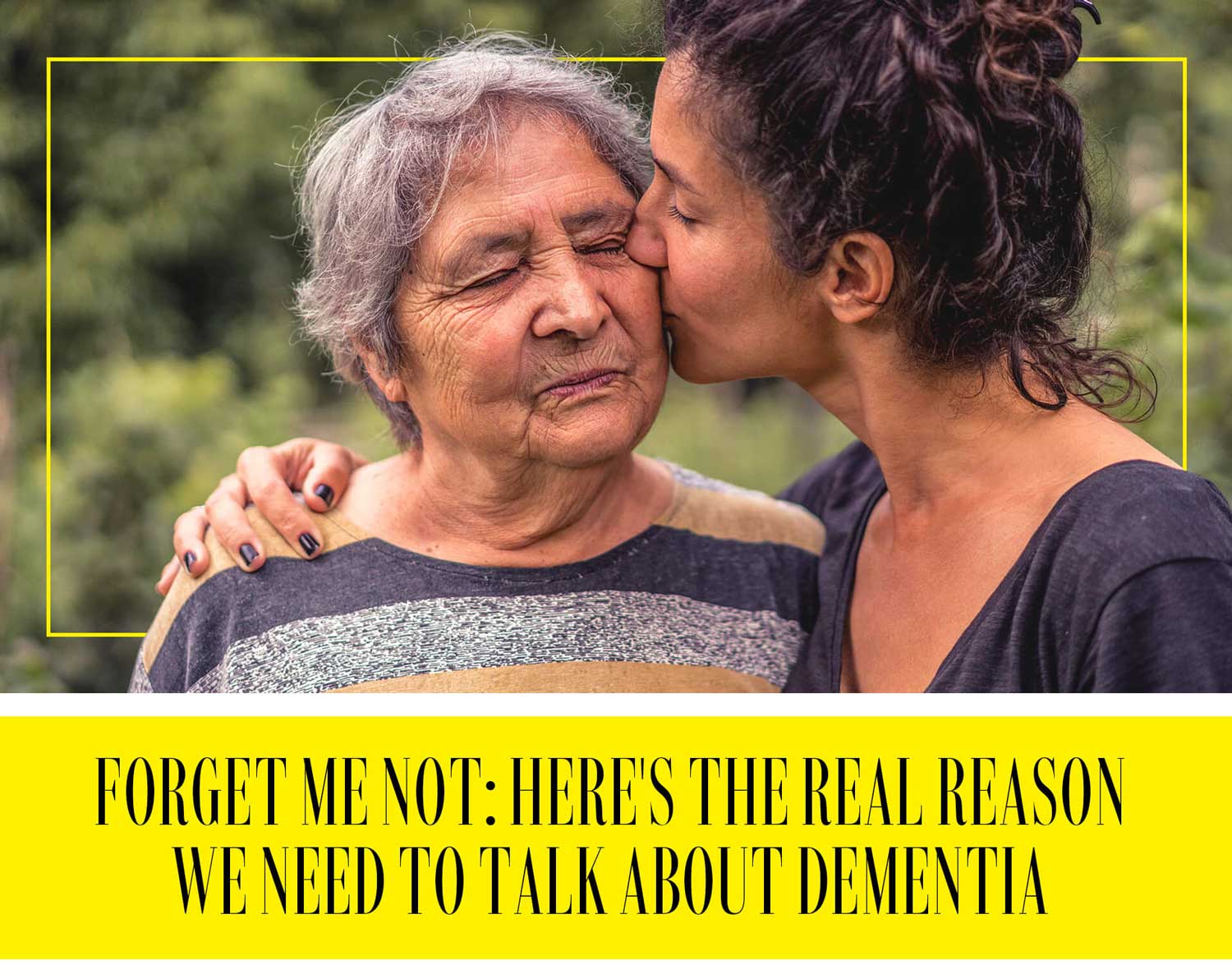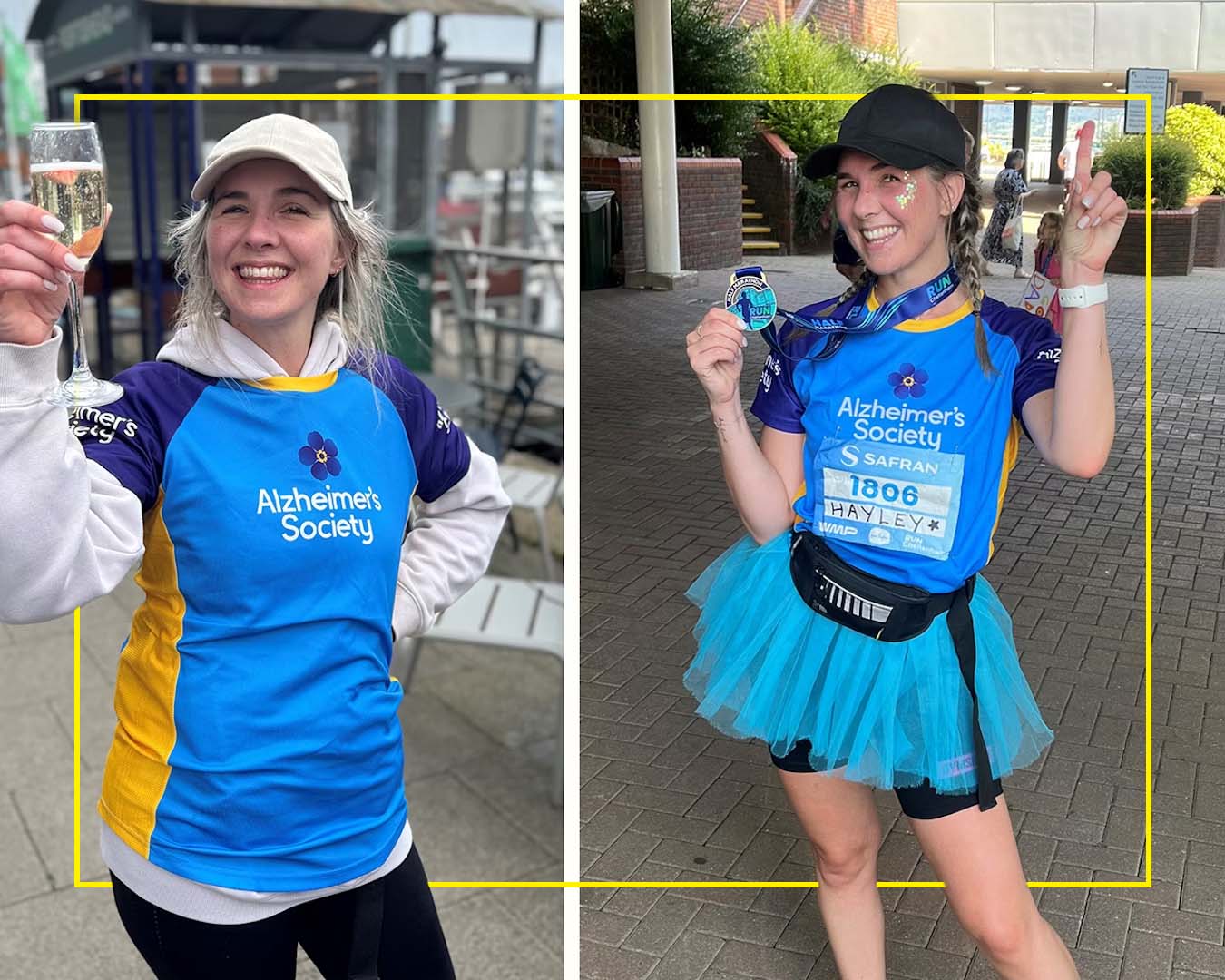 |
Hayley O’Rourke thinks about her dad a lot. Although they live together, she thinks about what’s changed, who he used to be, and how their relationship has evolved in just a few years.
Two years ago, he was diagnosed with Alzheimer’s, but this wasn’t a surprise for her. She’d spotted the signs nearly nine years ago, and since then she had tried to prepare herself for the memory loss – she’d heard about this a lot – but she never knew to expect how else he would change.
‘I still try and imagine the man he was, but he's so different, and our interactions are different. He gets very frustrated and he’s short tempered,’ she says. ‘I don't know my dad anymore.’
Nine years ago, Tony’s marriage had broken down. Hayley, who was very close to him, moved him into her home for support, and this is when she started to see signs of early dementia. She never realised this was the beginning of her journey as a carer for him.
Also, a mother to two, a nine and 12-year-old, she’s part of a generation of sandwich carers who are juggling care for both their parents and children, often holding down a job, and struggling to make both work financially. |
 |
One in three people born in the UK today will develop dementia in their lifetime. After dementia affects us all.
. ‘It’s the UK’s biggest killer and is something that affects us all, especially women,’ Corinne Mills, interim CEO at Alzheimer’s Society whose grandfather had Alzheimer’s disease explains.
‘There are currently more women living with dementia in the UK than men and they also bear the brunt of care with 68% of unpaid carers of people with the condition being women.’ |
 |
‘I debated whether I should go down to part-time, but as a single mum at that point in time, I couldn’t really afford it,’ says Hayley. But the main change has been how quickly she’s adapted to always feel ‘on’ and anxious.
‘The worry is the biggest thing that I found I can never switch off,’ she says. ‘I go to work, and I always ring him on the way. “Have you drank enough? Have you had your breakfast? Have you?” It's that constant switch ‘on’ all the time.’
‘It’s crucial that we support all women affected by dementia and their families, now and in the future,’ says Mills.
June saw thousands of people donating to the charity’s annual Forget Me Not Appeal and wearing a Forget Me Not badge to help beat dementia. From the moment someone starts worrying about their symptoms, Alzheimer's Society can be there for them thanks to donations from people like you.
£10 could help fund research to end the devastation caused by dementia
£20 could pay for two weeks of essential Companion Calls for someone affected by dementia
£50 could help families access a Dementia Adviser providing essential support.
Donate now to help fund life-changing Alzheimer’s Society support and research changing the lives of people with dementia, and their carers, now and in the future. |
|